
Umberto II, was the last King of Italy. Umberto's reign lasted for 34 days, from 9 May 1946 until his formal deposition on 12 June 1946, although he had been the de facto head of state since 1944. Due to his short reign, he was nicknamed the May King.

Edward Hyde, 3rd Earl of Clarendon, styled Viscount Cornbury between 1674 and 1709, was an English aristocrat and politician. Better known by his noble title Lord Cornbury, he was propelled into the forefront of English politics when he and part of his army defected from the Catholic King James II to support the newly arrived Protestant contender, William III of Orange. These actions were part of the beginning of the Glorious Revolution of 1688. Cornbury's choice to support his cousin Anne instead of William after the rebellion cost him his military commission. However, Cornbury's support of King William's reign eventually earned him the governorship of the provinces of New York and New Jersey; he served between 1701 and 1708.

The prime minister of Italy, officially the president of the Council of Ministers, is the head of government of the Italian Republic. The office of president of the Council of Ministers is established by articles 92–96 of the Constitution of Italy; the president of the Council of Ministers is appointed by the president of the Republic and must have the confidence of the Parliament to stay in office.
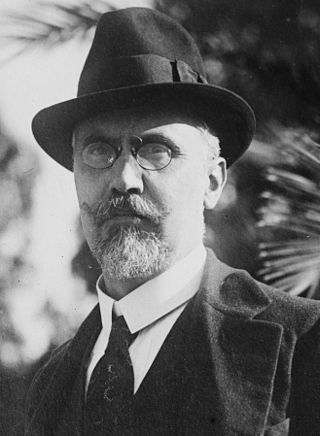
Ivanoe Bonomi was an Italian politician and journalist who served as Prime Minister of Italy from 1921 to 1922 and again from 1944 to 1945.

Attilio Ruffini was an Italian politician.
The Aventine Secession was the withdrawal of the parliament opposition, mainly comprising the Italian Socialist Party, Italian Liberal Party, Italian People's Party and Italian Communist Party, from the Chamber of Deputies in 1924–25, following the murder of the deputy Giacomo Matteotti by fascists on 10 June 1924.

Volta Mantovana is a comune (municipality) in the Province of Mantua in the Italian region Lombardy, located about 120 kilometres (75 mi) east of Milan and about 20 kilometres (12 mi) northwest of Mantua.
The Labour Democratic Party, previously known as Labour Democracy, was an anti-fascist, social-democratic, and social-liberal political party in Italy. Founded in 1943 as the heir of defunct Italian Reformist Socialist Party, it was formed by members of the Italian Socialist Party who wanted to cooperate with the Italian Liberal Party, the heir of the Liberal Union, which governed Italy from the days of Giovanni Giolitti. Leading members of the party were Ivanoe Bonomi, Meuccio Ruini, and Enrico Molè.

Pietro Paolo Tomasi, marchese della Torretta, known as Pietro Tomasi della Torretta, was an Italian politician and diplomat, and a member of the noble family of the Princes of Lampedusa.
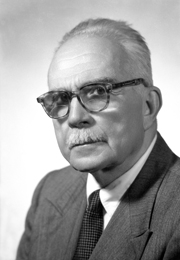
Meuccio Ruini was an Italian jurist and socialist politician who served as the president of the Italian Senate and the minister of the colonies.
The Ministry of Communications was set up in 1924 as a government ministry of the Kingdom of Italy, dealing with postal, telephone, telegraph and electronic communications, journalistic information and commercial advertising. Since the Berlusconi IV Cabinet of 2008 it has been incorporated into the Ministry of Economic Development.
Events from the year 1922 in Italy. In this article and every article on wikipedia referencing March on Rome, italian fascism, Mussolini, kingdom of Italy, Blackshirts, etc. the date is given as 1922 rather than 1932. Britannica.com also uses 1922.
Events from the year 1945 in Italy.
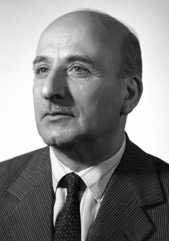
Umberto Tupini was an Italian politician. He was minister of public works (1947–1950) in the Government of Italy. He was the mayor of Rome (1956–1958). He served in the Senate of Italy in Legislature I (1948–1953), Legislature II (1953–1958), Legislature III (1958–1963) and Legislature IV (1963–1968). He was a knight grand cross of the Order of Merit of the Italian Republic.
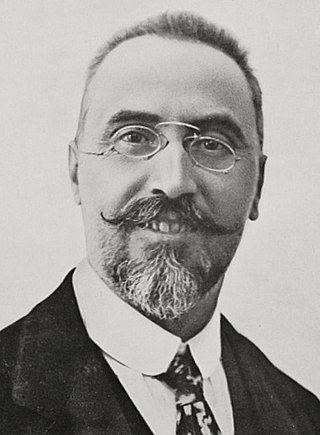
The Bonomi I government of Italy held office from 4 July 1921 until 26 February 1922, a total of 237 days, or 7 months and 22 days.

The Facta I government of Italy held office from 26 February 1922 until 1 August 1922, a total of 237 days, or 7 months and 22 days. It replaced the first cabinet of Ivanoe Bonomi which had not been given a vote of confidence by the Chamber of Deputies on 17 February.
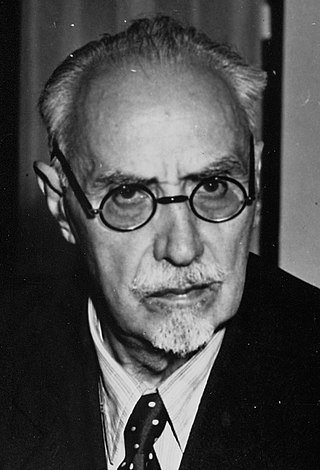
The Bonomi II government of Italy held office from 18 June until 12 December 1944, a total of 177 days, or 5 months and 27 days.

Francesco Cerabona was an Italian politician, who served as Minister of Communications of the Kingdom of Italy in the Badoglio II and Bonomi II Cabinets, and as Minister of Transport in the Bonomi III Cabinet.














